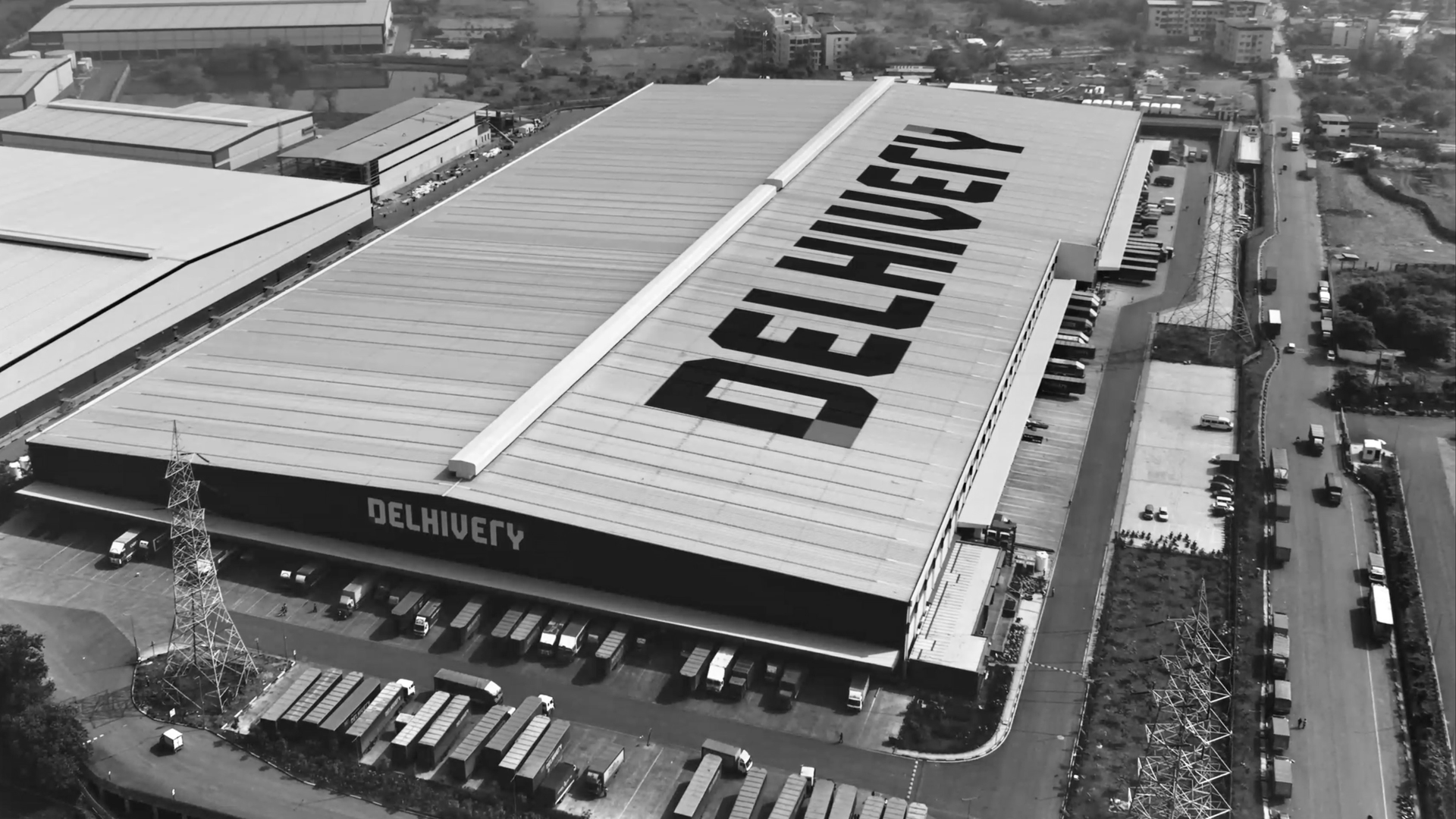India needs a leader with strong hands and sure instincts: S Jaishankar
Minister of External Affairs of India S Jaishankar speaks about the importance of electing a suitable Prime Minister to handle opportunities and challenges.
Key Takeaways
External affairs minister S Jaishankar believes that the next five to ten years will bring about new challenges for the world.
Uncertainties loom as wars in Ukraine and Gaza coupled with terrorism linger on.
The External Affairs Minister advises Indians to elect a leader who can help India wade through uncertainties.
Indians must identify a leader who not just has big ideas but has a track record of implementing them.
The global landscape has seen a significant transformation since 2019—when the previous Lok Sabha elections were held. Since then the government has had to navigate several international crises, including a pandemic, the War in Ukraine and a flare-up in West Asia, and work tirelessly to insulate India from their effects.
During this period, the Indian economy has also boomed, with startups becoming a key engine for this economic boom and employment generation. The challenges are only going to intensify going forward, and External Affairs Minister S Jaishankar believes Indians need to identify a suitable leader to navigate them.
“I believe that the next five years will be tough. There is the Ukraine war, there is an ongoing war in Gaza, and threats of terrorism globally. Plus, there is a climate crisis across the world. We need strong hands and sure instincts to take India through this turbulence. Courage, experience, and self-assurance will help,” says S Jaishankar, the Union Minister of External Affairs.
The Minister, a member of the Bharatiya Janata Party, advises the country’s citizens to make careful considerations before choosing India’s next prime minister. This, he says, will affect India’s present and future.
India is gearing up to become a $10 trillion economy and the world’s fourth-largest economy. A recent report by BCG and Matrix Partners India posits that sectors such as manufacturing, semiconductors, electric vehicles, and renewable energy will lead this $10 trillion push. The report also estimates that India will add $1 trillion every one-and-a-half years going forward.
The External Affairs Minister asks Indian voters to step back, introspect, and make an informed decision based on these parameters.
Delivering on the basics and beyond
The past 10 years have been instrumental in laying the foundation for an Amrit Kaal or The Era of Elixir, a term coined by Prime Minister Narendra Modi as a vision for 2047. This includes socio-economic growth and technological advancements in the country that would lead to a stronger economy and an improved standard of living for citizens. External affairs minister Jaishankar believes that the strong delivery track record set by the government serves as the takeoff point for this Amrit Kaal.
“India needs a leader who doesn’t just think big but delivers on the vision. People need to identify someone who is not only a dreamer but turns the dreams into reality, into action,” he adds.
Elaborating further, the Minister refers to the upcoming advancements that will serve as the stepping stones for India’s economic prosperity in the future. He explains that the country needs a leader who pursues emerging opportunities while not leaving behind the core necessities.
“This is an era of chips, AI, EV, and drones, but we need to ‘Make in India’ in all these fields. India needs a leader who will make actionable plans to excel in such upcoming opportunities, something I consider the milestones for Viksit Bharat (developed India). This leader needs to be equally focused on the basics such as food, shelter, housing, electricity, education, and agricultural production,” the minister explains.
He also reiterates that the country must elect a leader who prioritises innovation and self-reliant manufacturing without losing sight of the citizen’s daily needs.
Seeking a track record
Gone are the days when decision-making in India purely happened at government offices and later communicated to the masses. Under the current government’s regime, the minister says that every decision is finalised only after reviewing feedback. This, he adds, leads to a better evaluation of proposals and ideas.
“Our government has made feedback a part of good decision-making. I encourage people to talk to me and challenge me all the time. I may or may not take action based on their opinions, but it helps me get better at what I do,” he says.
The Minister believes voters must use the same feedback process to talk to their leaders and seek details of their previous track record.
“Ask the leader about their achievements, their track record of promises made, and benefits delivered. Look at the past track record, the future opportunities, and also the challenges the country may face,” says the minister.
He is not new to challenges. The Minister handled sourcing vaccines during COVID-19 and evacuating Indians stranded abroad during the pandemic through special Vande Bharat flights and was responsible for the rescuing of Indians stuck in war zones in Ukraine, Russia, and Israel.
“Ask yourself, who is the leader you trust to lead the country into a better future even when there is a storm raging?” he tells Indians. The minister understands the importance of leading from the front and, hence, wants the country to make a mindful decision.







